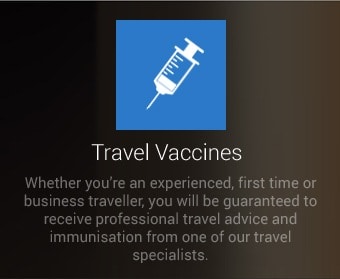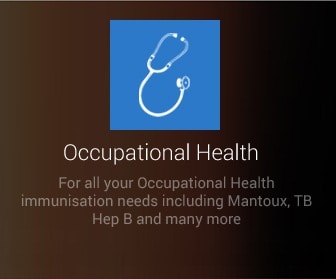Travel Advice |
Medical Conditions |
Medical Conditions
TRAVELING WITH MEDICAL CONDITIONS
Additional travel considerations are necessary for pregnant women, people with HIV infection, and people with diabetes.
PREGNANT WOMEN: Most women can travel safely during pregnancy, although the type of travel and possible health hazards must be considered on an individual basis. Air travel does not have any known negative effects on a pregnant woman or the baby. Women who have had complicated pregnancies in the past (premature delivery, late-term miscarriage, high blood pressure, or other complications) should avoid extensive travel during their current pregnancy. In addition, pregnant women should be sure to follow precautions to avoid blood clots since pregnancy increases the risk of clotting.
Pregnant women may not be able to receive certain immunisations and antibiotics. Pregnant woman who travel to regions where malaria is common need to understand that exposure to malaria increases her and her baby’s risk of complications. Not all anti-malarial medications have been studied to determine their safety in pregnancy. Expert advice about the wisdom of travelling in regions where malaria is present, the safety of various anti-malarial drugs, and the risks of malaria in pregnancy should be considered prior to travel.
HIV INFECTION: HIV infection can pose several problems during travel.
- People with HIV may not be allowed to enter some countries; check with consular offices when planning international travel. In addition, people with HIV should try to locate adequate medical facilities in the planned destinations.
- People with HIV will not be able to receive certain travel immunisations. HIV-infected travellers should carry all necessary medications with them.
DIABETES: Travellers with diabetes who take insulin should consult our travel pharmacist on modifying timing of insulin doses if travelling over many time zones.
Syringes, blood glucose testing supplies, insulin and glucagon or oral medications, and snacks should be packed in a carry-on bag and available at all times. People who require syringes should carry a note from their GP, explaining the need for diabetes-related supplies. In addition, the person should wear a necklace or bracelet that lists their medical condition and a phone number to locate additional emergency contact information.





